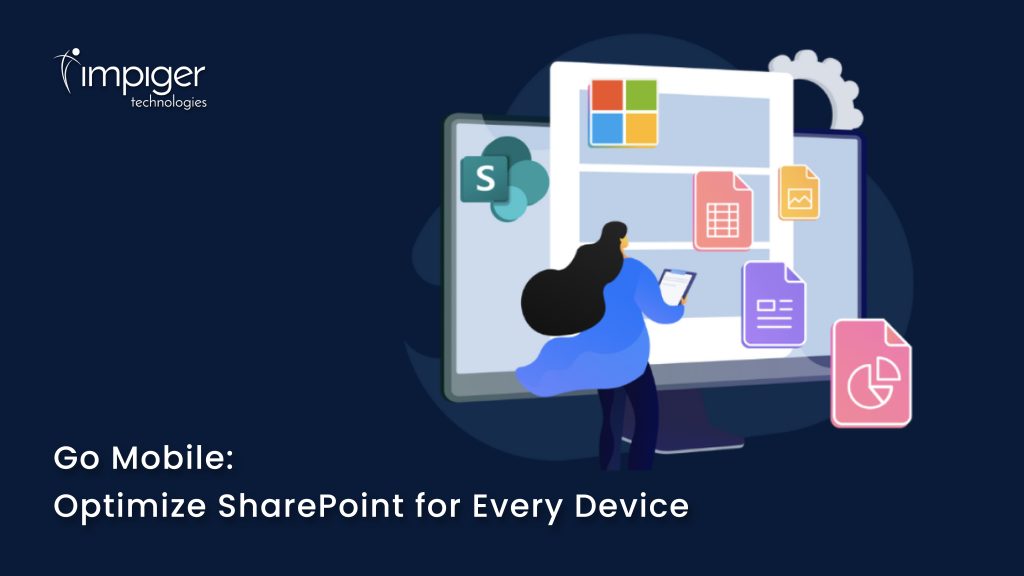Introduction
In today’s fast-paced business environment, efficient inventory management is crucial for success. A Warehouse Management System (WMS) can streamline operations, enhance accuracy, and boost productivity. However, selecting the right WMS for your business can be a daunting task given the plethora of options available. This guide will walk you through the essential steps and considerations to help you make an informed decision.
Understanding Your Business Needs
Before diving into the features and functionalities of different WMS options, it’s important to assess your own business requirements. Ask yourself:
- What is the size of your warehouse?
- What types of products do you store?
- What are your peak seasons?
- Do you require specific integrations with other systems (e.g., ERP, CRM)?
- What are your current pain points in warehouse management?
By clearly understanding your needs, you can narrow down the WMS options that best suit your business.
Key Features to Look For
When evaluating a WMS, consider the following essential features:
- Inventory Tracking:
- Real-time tracking of inventory levels.
- Barcode and RFID support.
- Cycle counting capabilities.
- Order Management:
- Efficient order picking, packing, and shipping processes.
- Integration with e-commerce platforms.
- Automated order routing.
- Labor Management:
- Task assignment and tracking.
- Productivity metrics and reporting.
- Workforce scheduling.
- Warehouse Layout Optimization:
- Slotting and space utilization tools.
- 3D visualization of warehouse layout.
- Automated storage and retrieval systems (AS/RS) support.
- Reporting and Analytics:
- Comprehensive dashboards and KPIs.
- Customizable reports.
- Data export capabilities.
Integration Capabilities
A WMS should seamlessly integrate with your existing systems to ensure smooth operations. Look for compatibility with:
- Enterprise Resource Planning (ERP) systems to synchronize inventory and financial data.
- Customer Relationship Management (CRM) systems to enhance customer service.
- Transportation Management Systems (TMS) for streamlined shipping and logistics.
Scalability and Flexibility
Your business is likely to grow and evolve over time, so choosing a WMS that can scale with your needs is essential. Consider:
- Modularity: The ability to add or remove features as needed.
- Cloud-based vs. On-premises: Cloud-based solutions offer flexibility and remote access, while on-premises solutions provide more control.
- Customization: Ensure the WMS can be tailored to your specific processes and requirements.
User-Friendly Interface
A user-friendly interface is critical for ensuring that your team can quickly adapt to the new system. Look for:
- Intuitive design: Easy navigation and user-friendly dashboards.
- Training and support: Comprehensive training resources and responsive customer support.
- Mobile accessibility: Support for mobile devices to enable warehouse staff to work more efficiently on the go.
Vendor Reputation and Support
Choosing a reputable vendor with a proven track record can make a significant difference. Evaluate vendors based on:
- Industry experience: How long have they been in the business, and what industries do they specialize in?
- Customer testimonials and case studies: Learn from the experiences of other businesses.
- Support and maintenance: Availability of ongoing support, regular updates, and maintenance services.
Total Cost of Ownership (TCO)
Finally, consider the total cost of ownership, which includes not just the initial purchase price but also:
- Implementation costs: Including hardware, software, and training.
- Ongoing costs: Subscription fees, maintenance, and support.
- Upgrade costs: Potential future costs for system upgrades and additional features.
Final Thoughts:
Choosing the right WMS is a critical decision that can significantly impact your business’s efficiency and profitability. By thoroughly assessing your needs, evaluating key features, and considering integration capabilities, scalability, user-friendliness, vendor reputation, and total cost of ownership, you can make an informed choice that aligns with your business goals.
Investing time in selecting the right WMS will pay off in improved inventory management, enhanced customer satisfaction, and a more streamlined warehouse operation.
For expert guidance and tailored WMS solutions, reach out to our team at Impiger Technologies, where we specialize in optimizing warehouse management for businesses of all sizes. Let us help you take your warehouse operations to the next level.
Blog Reviewed by Govindarajan











